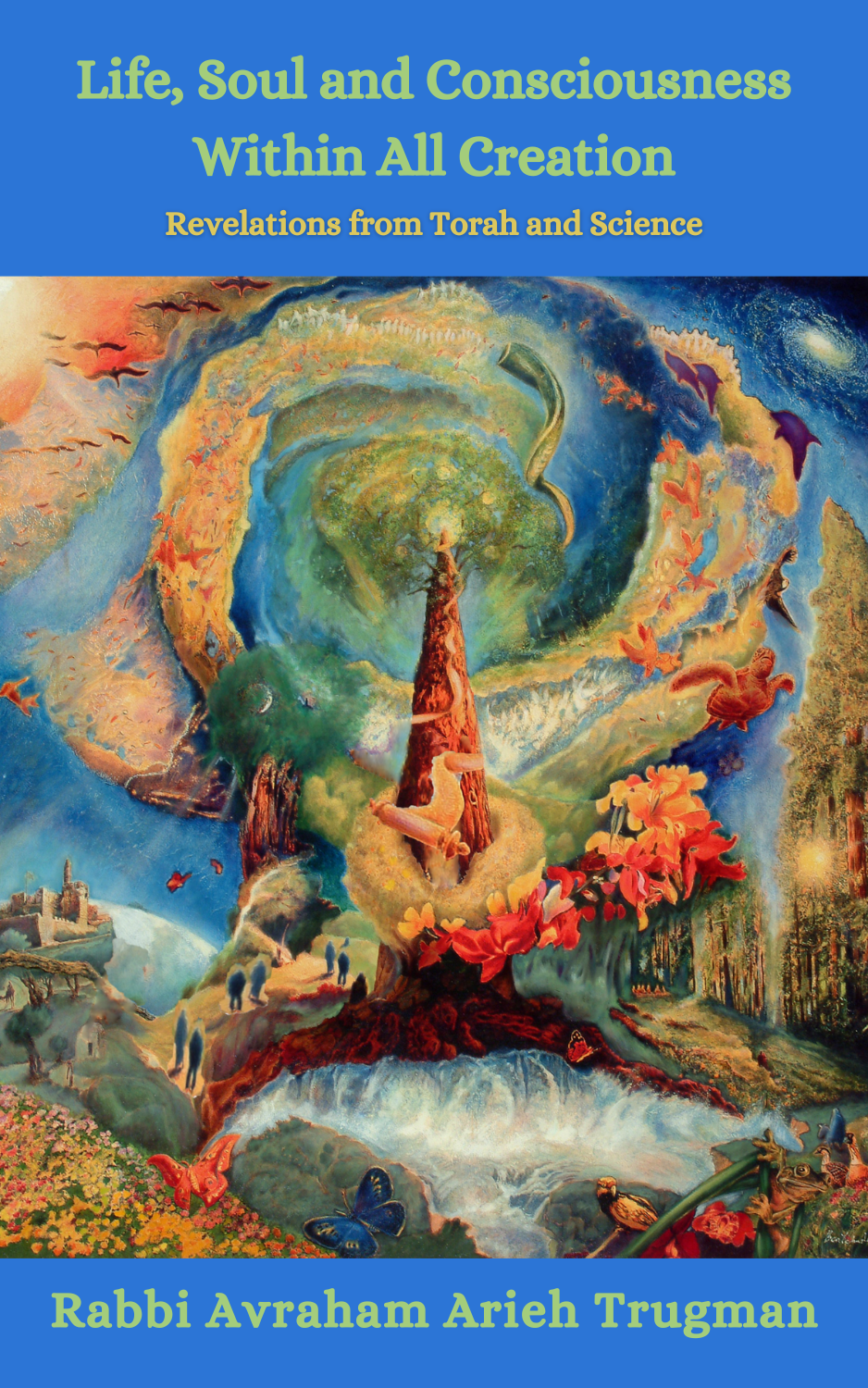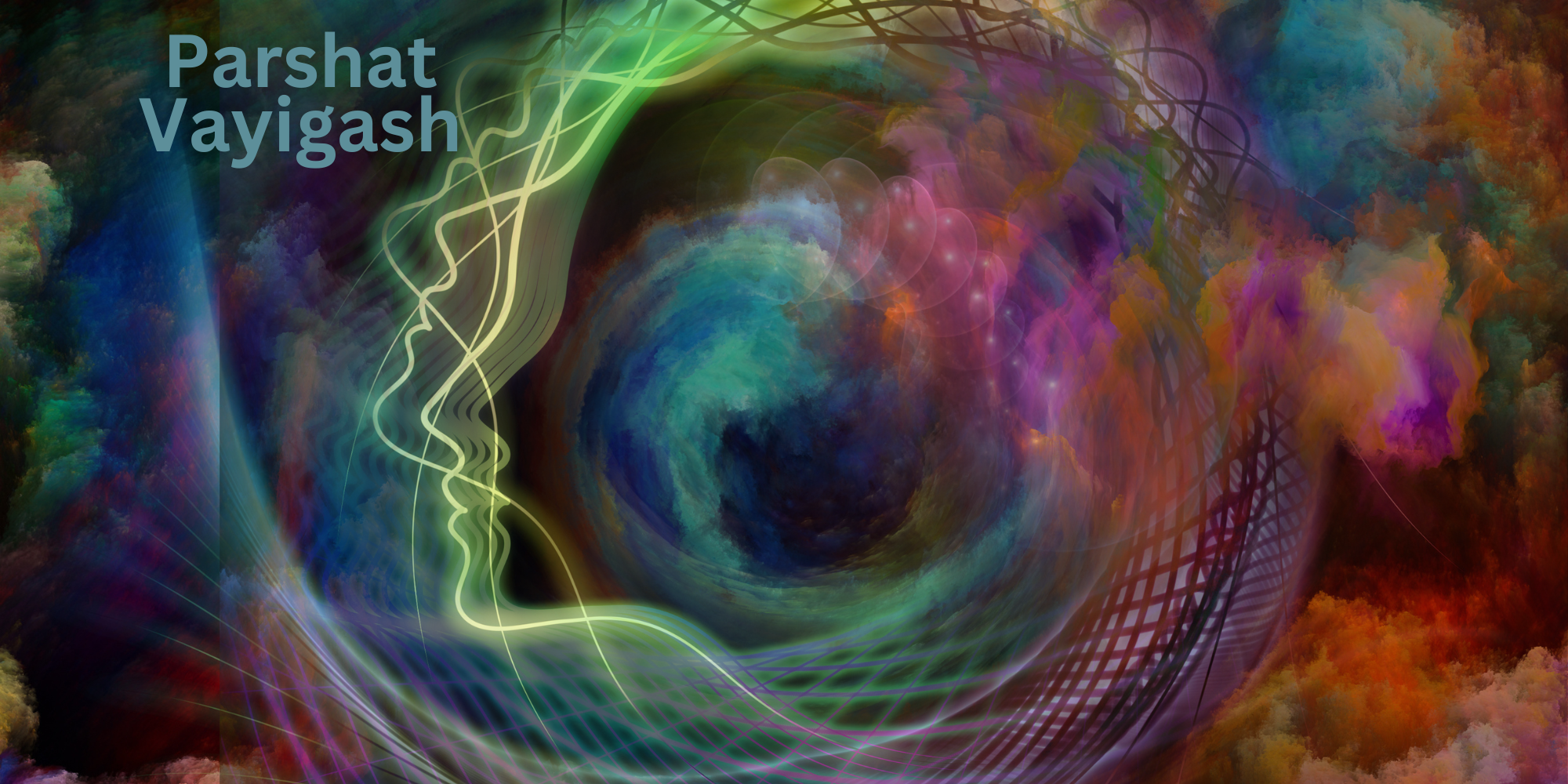It is customary to read during the three pilgrimage holidays – Pesach, Shavuot and Succot – three different books from the Writings that relate to the themes of those holidays. During Pesach we read the Song of Songs, on Shavuot the Book of Ruth and on Succot we read Ecclesiastes.
The Song of Songs, an exquisite allegorical love poem, can be understood on many different levels. It is at once a story of budding human love, but on deeper levels it is a love song between the Jewish people and God, the soul and its Divine source and the love of the Jewish people and the land of Israel. For this reason Rabbi Akiva stated that all the books of the Bible are holy, but the Song of Songs is the Holy of Holies.
The question is what is the essential connection between Pesach and the Song of Songs? On a simple level the imagery in the Song of Songs is set during the spring and much of its references are examples of nature that can be seen and felt in the land of Israel, even today. In the spring new life, love and liberation are in the air, thus its connection to Pesach which also takes place in the spring. But on a deeper level the Song of Songs is all about relationships and so too is Pesach the true beginning of the passionate and ongoing love affair between the Jewish people and God, as it says: “I am to my beloved and my beloved is to me…” (Song of Songs 2:16).
The categorization of the relationship between God and the Jewish people as a love relationship is deeply imbedded in hundreds of references in the written Torah, Prophets and Writings, and the full gamete of oral tradition from the Talmud to the Kabbalah. Jewish prayer, song and poetry are replete as well with these idyllic allusions. Beyond the notion of Pesach being the time of our freedom and redemption, its even more fundamental idea is that of our entering into a relationship as a people with the Creator of the universe.
Many religions and philosophies have a concept of a Creator or of a Divine force in the universe. The unique aspect of Judaism at its inception and even still today is the idea that we can not only have a dialogue and relationship with God, but that it can take the form of a covenant of love as between husband and wife.
Regarding the beginning of this relationship at the time of Pesach Jeremiah proclaimed: “So said God: I remember for your sake the kindness of your youth, the love of your bridal days, how you followed Me in the wilderness in an unsown land. The two names – Pesach and Chag HaMatzot, the holiday of matzot – both imply a leap of faith into a new relationship. God, as it were, leaped over the fact the Jewish people had fallen to the forty-ninth gate of impurity, while the Jewish people leap over all logic and precedent and follow God into a new physical and spiritual land.
Just as a couple who look back frequently and nostalgically at their wedding pictures to arouse the initial attraction between them, the Jewish people relive the beginning of their relationship with God by reciting at every Shabbat and holiday in the kiddush the phrase: “a rememberance of the going out [to freedom] of Egypt.” In fact one of the mitzvot in the Torah is to remember leaving Egypt every day and therefore it is part of our prayers both day and night. These reminders call to mind a constant awareness of the ongoing dynamic aspect of a living and dynamic relationship.
When putting on tefillin, phylactaries, each day we wrap our finger with the straps as if they were a wedding band and recite: “I will betroth you to Me forever, and I will betroth you to Me with righteousness, justice, kindness and mercy. I will betroth you to Me faithfulness, and you shall know God” (Hoshea 2:21-22). The use of the word “know,” is an allusion in Scripture to intimate marital relations. This is but one of the more graphic descriptions of what we have been discussing.
An amazing piece of Talmud discusses figuratively what is written in the parchments in God’s tefillin. Our tefillin contain the fundamental statement of Jewish belief: “Hear Oh Israel: The Lord is our God, The Lord is One” (Deuteronomy 6:4). The Talmud informs us that in God’s tefillin are the words from the Shabbat afternoon prayers: You are One and your name is One; and who is like Your people Israel, one nation on earth.” Each partner in the relationship wants to proclaim the uniqueness of the other.
There are seven weeks between Pesach and Shavuot. These seven weeks are compared to the seven days a bride prepares herself in great anticipation for her marriage to her groom. Shavuot in fact is described in Jewish tradition as the wedding between God and the Jewish people.
When the foundation of a relationship is strong, any difficulty or difference of opinion can be weathered. Pesach represents the arousal of love whose bonds can never be broken, as it says: “Many waters cannot quench love, nor can the floods drown it… (Song of Songs 8:7). There is no doubt that the Jewish people have disappointed and tested God many times throughout history. Conversely, many Jews throughout the ages have been puzzled or even questioned God’s justice and rulership of the world at times. Nonetheless, both partners are committed to each other in a covenant that binds them together for all eternity. Pesach is when we relive those auspicious initial moments, committing ourselves once again to strengthen that great love of which it says: “I am my beloved’s and his desire is to me” (Song of Songs 7:11).







